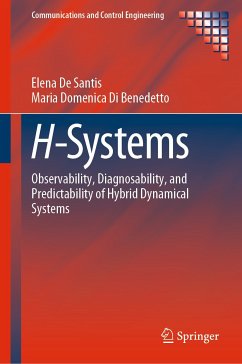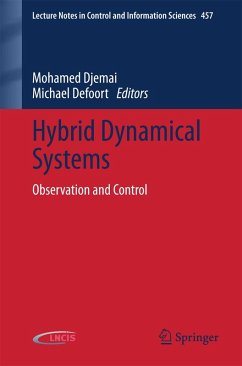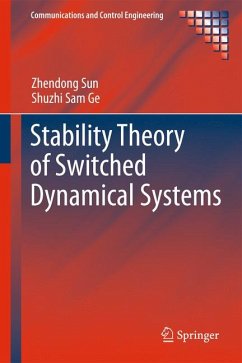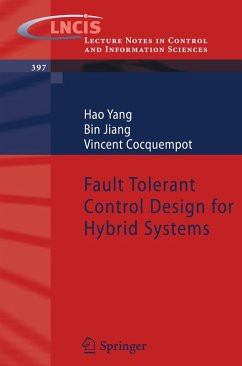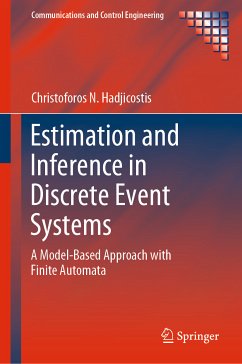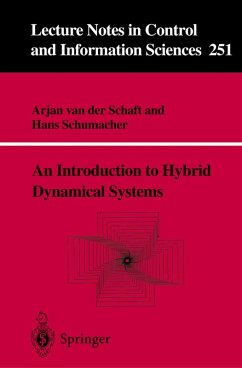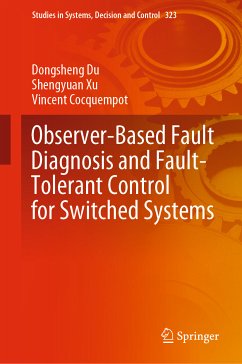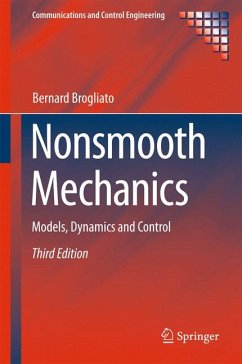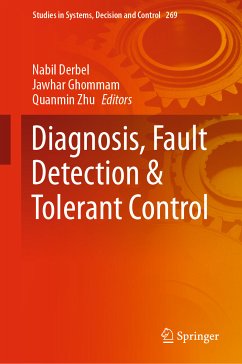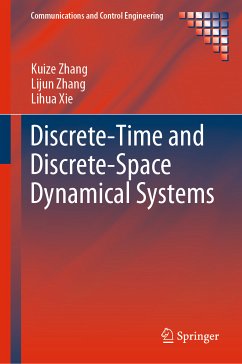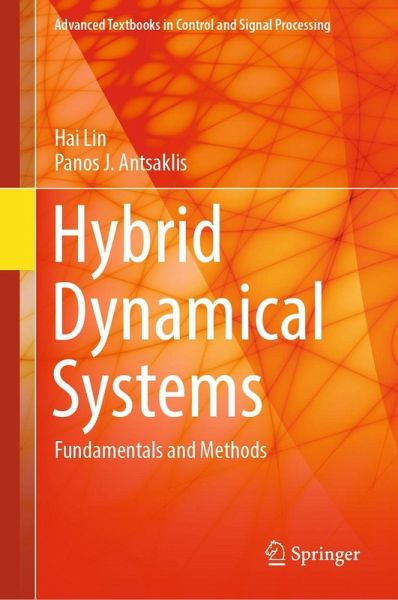
Hybrid Dynamical Systems (eBook, PDF)
Fundamentals and Methods
Versandkostenfrei!
Sofort per Download lieferbar
80,95 €
inkl. MwSt.
Weitere Ausgaben:

PAYBACK Punkte
40 °P sammeln!
A graduate-level textbook, Hybrid Dynamical Systems provides an accessible and comprehensive introduction to the theory of hybrid systems. It emphasizes results that are central to a good understanding of the importance and role of such systems. The authors have developed the materials in this book while teaching courses on hybrid systems, cyber-physical systems, and formal methods. This textbook helps students to become familiar with both the major approaches coloring the study of hybrid dynamical systems. The computer science and control systems points of view - emphasizing discrete dynamics...
A graduate-level textbook, Hybrid Dynamical Systems provides an accessible and comprehensive introduction to the theory of hybrid systems. It emphasizes results that are central to a good understanding of the importance and role of such systems. The authors have developed the materials in this book while teaching courses on hybrid systems, cyber-physical systems, and formal methods.
This textbook helps students to become familiar with both the major approaches coloring the study of hybrid dynamical systems. The computer science and control systems points of view - emphasizing discrete dynamics and real time, and continuous dynamics with switching, respectively - are each covered in detail.
The book shows how the behavior of a system with tightly coupled cyber- (discrete) and physical (continuous) elements can best be understood by a model simultaneously encompassing all the dynamics and their interconnections. The theory presented is of fundamental importance in a wide range of emerging fields from next-generation transportation systems to smart manufacturing.
Features of the text include:
- extensive use of examples to illustrate the main concepts and to provide insights additional to those acquired from the main text;
- chapter summaries enabling students to assess their progress;
- end-of-chapter exercises, which test learning as a course proceeds;
- an instructor's guide showing how different parts of the book can be exploited for different course requirements; and
- a solutions manual, freely available for download by instructors adopting the book for their teaching.
Access to MATLAB and Stateflow is not required but would be beneficial, especially for exercises in which simulations are a key tool.
Dieser Download kann aus rechtlichen Gründen nur mit Rechnungsadresse in A, B, BG, CY, CZ, D, DK, EW, E, FIN, F, GR, HR, H, IRL, I, LT, L, LR, M, NL, PL, P, R, S, SLO, SK ausgeliefert werden.



